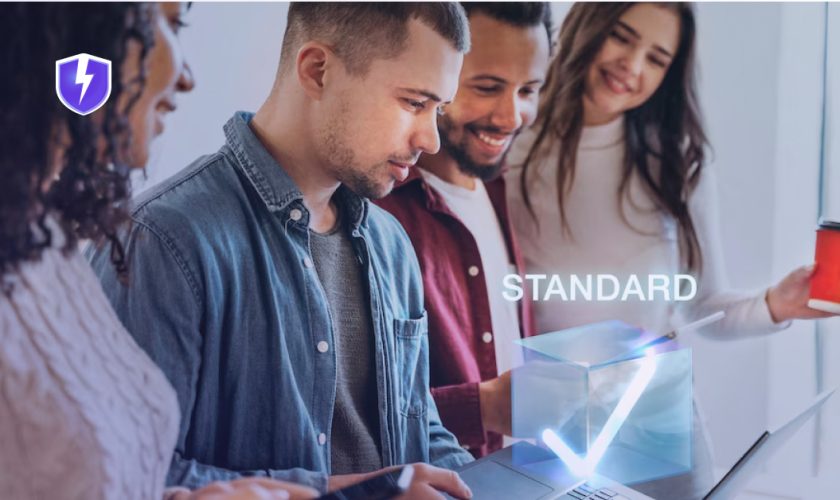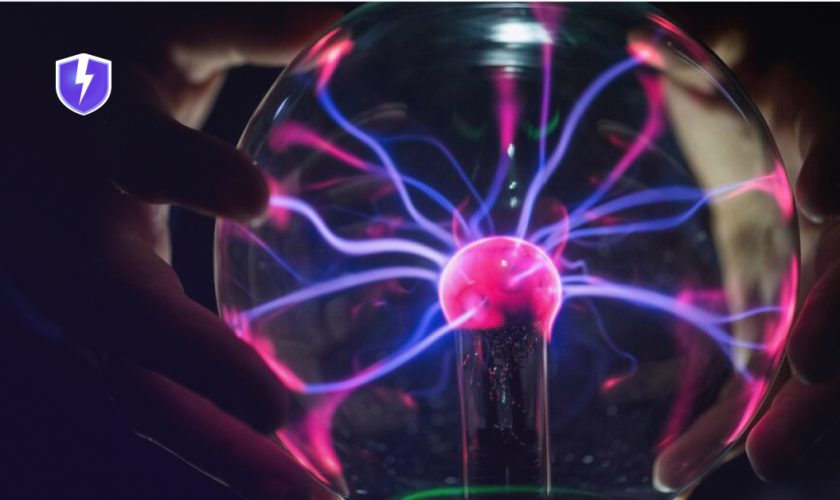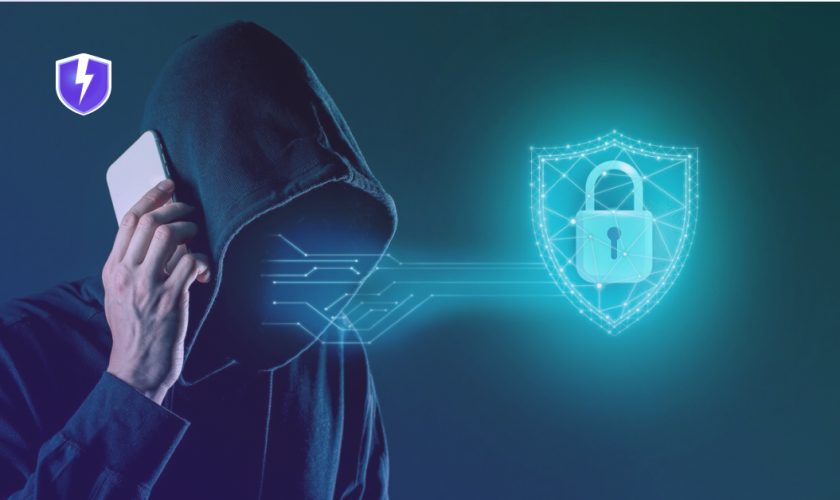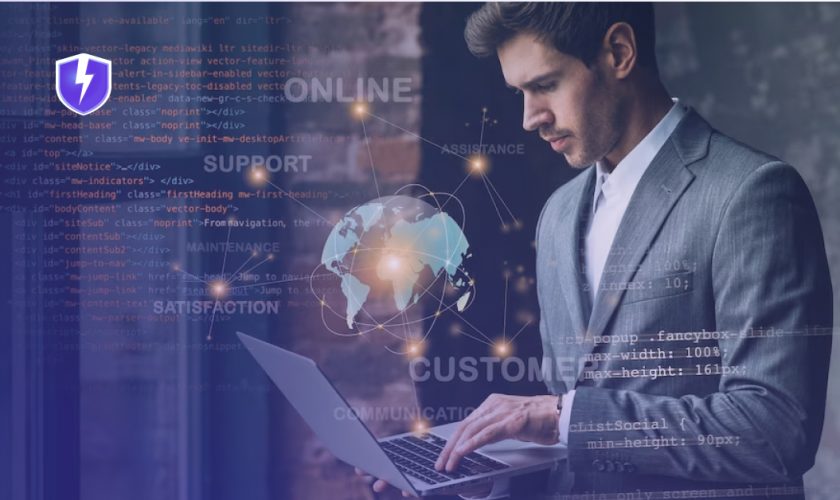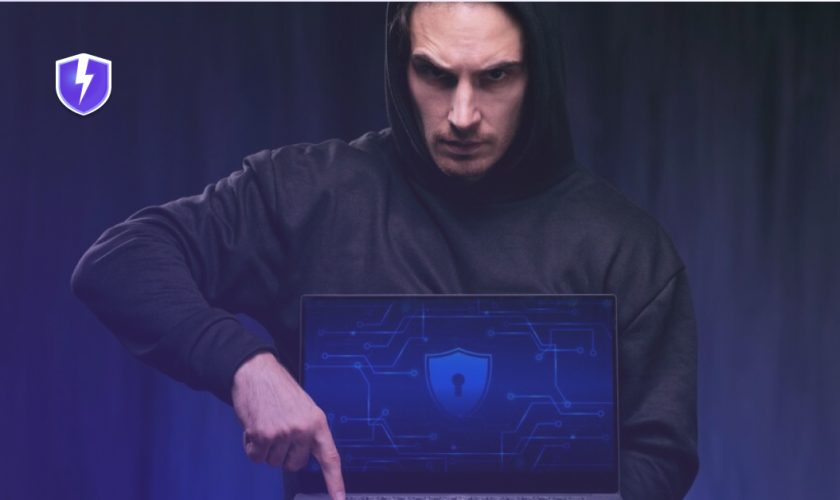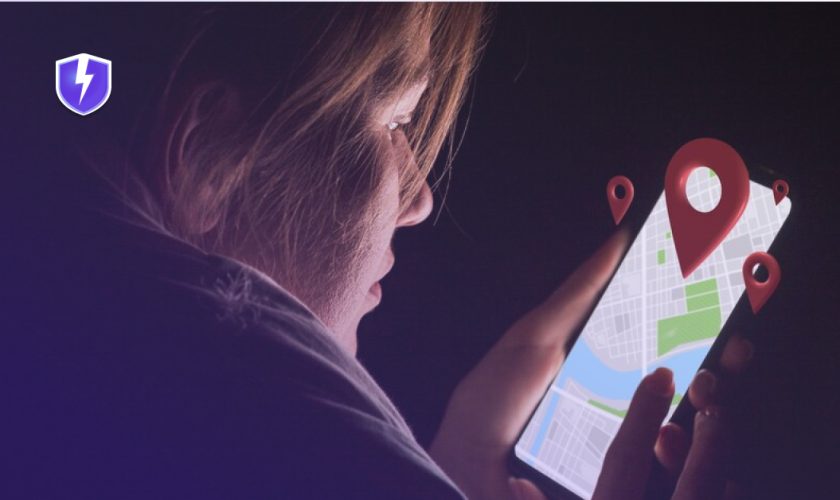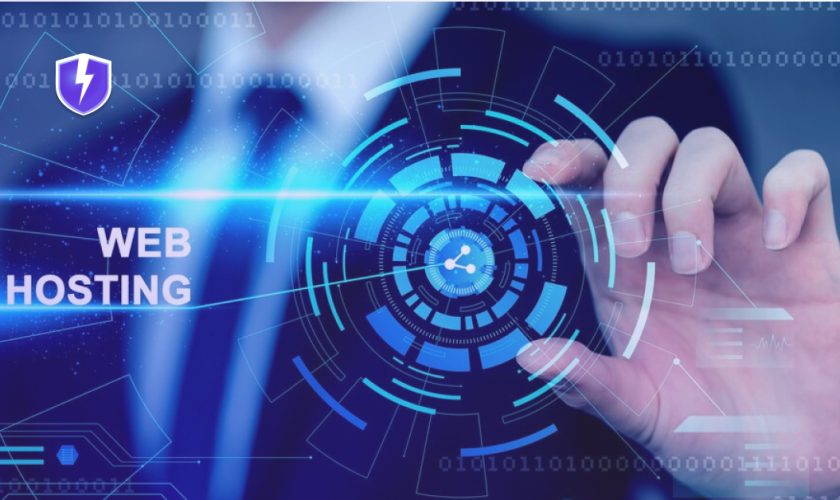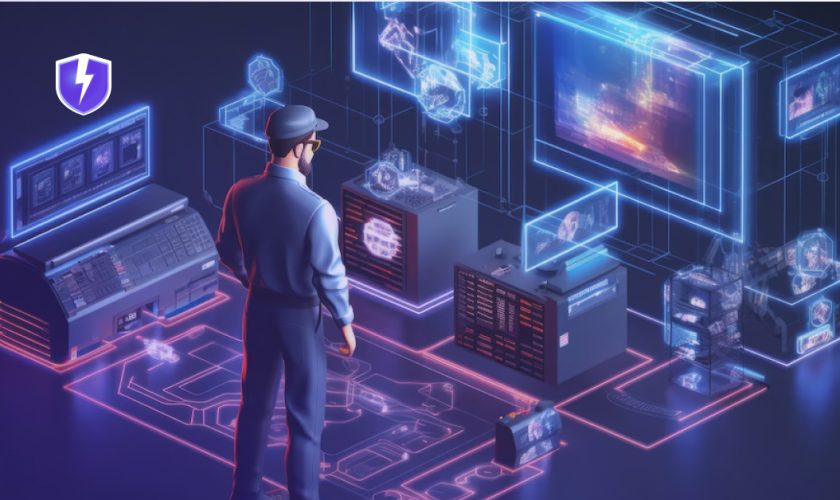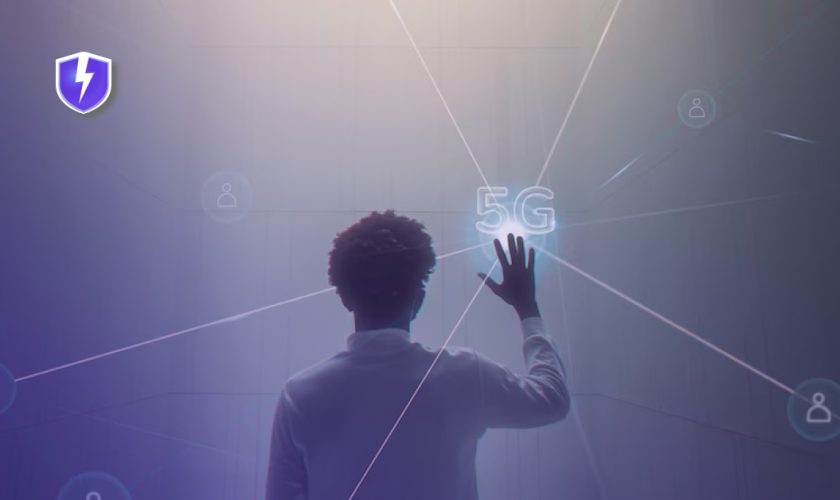Did you know that cyber-attacks occur every 39 seconds? True story. We live in a digital age where securing our online data has been an essential thing to do. Because there is a rise in the threat of hackers, a way to secure your internet connection is very paramount. In comes Zero Trust Networking and VPNs. But what are these, and why are they so important? Let’s get to it.
What is Zero Trust Networking?
The Zero Trust Networking is a security design that dictates never to trust and always to verify those attempting to access the network. Unlike traditional models of security, in which everything inside an organization’s network is considered trustworthy, zero-trust networking involves strict verification of the identity of every individual and device trying to access the private network’s resources. That is equivalent to the conventional security model often referred to as the “castle and moat” approach. Once inside the network, users usually had very wide access, which could be greatly damaging in the event a hacker managed to get in. With Zero Trust Networking, even if someone does get inside of the network, they still need to go through many layers to get to important information. This significantly lowers the threats from both within and outside the organization.
So what is a VPN?
A VPN, or Virtual Private Network, is a method by which you can secure your connection to the internet. This is done by forming a secure link between your device and the internet. When you’re connecting through a VPN, your internet traffic follows an encrypted path; that means it is almost impossible for anyone, including hackers, to track what you are doing online. This is one of the key elements behind Zero Trust Networking. They serve as the link between your device and the web, ensuring security through data encryption for everything you transfer. Thus, even in case of some possible data interception, the receiver still would not have a chance to read it.
Benefits of Using a VPN
- Strong Security: VPNs encrypt your data, ensuring that hackers cannot gain access to your information. It will be absolutely important, especially when one is on public Wi-Fi, which generally poses a higher risk.
- Privacy Protection: A VPN keeps your real identity and browsing activity hidden by masking your real IP address.
- Bypassing Geo-Restrictions: Conceal your real location to access content that otherwise is not available in your region.
- Secure Remote Work: Working from home or remotely involves sensitive company resources; a VPN offers that secure connection.
The Future of Networking with Zero Trust
As threats rise, the need for better security measures rises along with it. Now that we are in the digital age, zero trust networking and VPNs are not just trends but essentials. This technology gives the ability to protect the data from both individuals and organizations, thus ensuring a secure online experience.
Which is the Best VPN for You?
There are many VPNs in the market hence selecting the best may be a tricky affair. Among the things one needs to look out for includes:
- Security Features: A good VPN should guarantee strong encryption, a no-logs policy, a kill switch, and DNS leak protection.
- Speed: A good VPN will not significantly slow down your internet speed. Get one that has fast servers.
- Ease of Use: It should be easy to set up and use with a user-friendly interface.
- Customer Support: Go for a VPN with good customer support in case of any challenges along the way.
Conclusion
With threats getting more serious in a world gone cyber, Zero Trust Networking and VPNs avail you that critical layer of security. Zero Trust means that even if someone managed to get into your network, they couldn’t access this kind of precious information. Then, with VPNs, even your online activities have protection, and the data remains safe at all times. One doesn’t invest in these technologies just with a sense of wisdom, but he or she must if they value their data security in the current digital space. Whether you are an individual looking to secure your personal information or a business aiming to protect sensitive data, Zero Trust Networking and VPNs are indispensable tools in your cybersecurity arsenal. Understanding and application of such security practices will significantly lower the risk of cyberattacks while keeping your data safe. So, take that step today in order to enhance your online security and safeguard your digital footprint.
